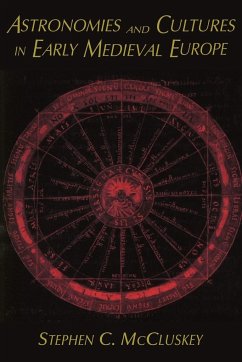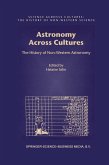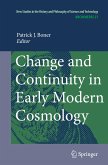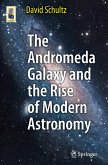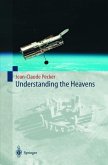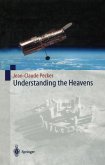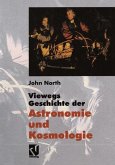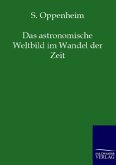Historians have long recognized that the rebirth of science in twelfth-century Europe flowed from a search for ancient scientific texts. But this search presupposes knowledge and interest; we only seek what we know to be valuable. The emergence of scholarly interest after centuries of apparent stagnation seems paradoxical. This book resolves that seeming contradiction by describing four active traditions of early medieval astronomy: one divided the year by observing the Sun; another computed the date of Easter Full Moon; the third determined the time for monastic prayers by watching the course of the stars; and the classical tradition of geometrical astronomy provided a framework for the cosmos. Most of these astronomies were practical; they sustained the communities in which they flourished and reflected and reinforced the values of those communities. These astronomical traditions motivated the search for ancient learning that led to the Scientific Renaissance of the twelfth cent
Hinweis: Dieser Artikel kann nur an eine deutsche Lieferadresse ausgeliefert werden.
Hinweis: Dieser Artikel kann nur an eine deutsche Lieferadresse ausgeliefert werden.

